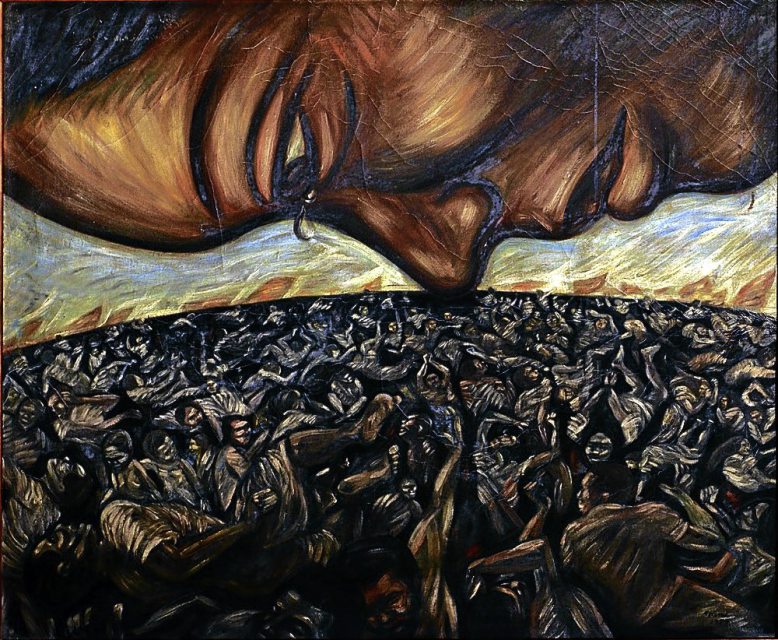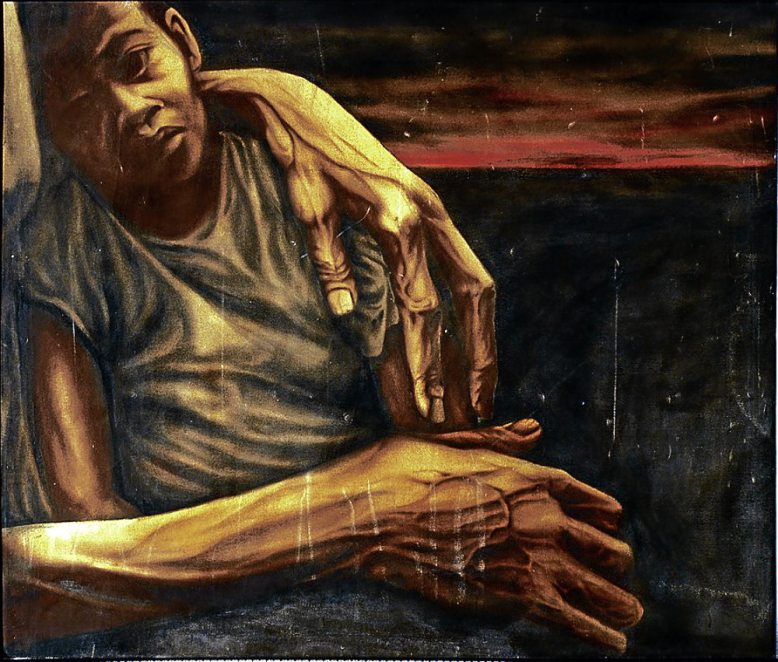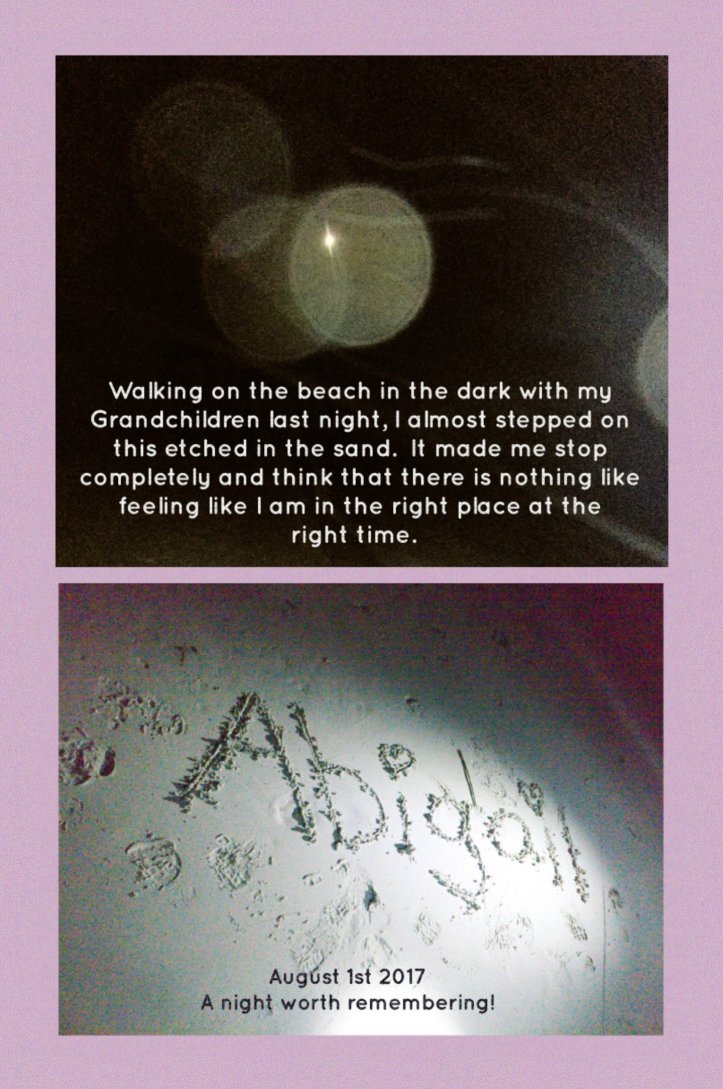“Martial law” was just a buzzword when I was growing up, hemmed in within the walls of an all-girl Benedictine school compound, something we talked about in passing during our history class. While the lesson itself was short, I remember feeling a sense of indignation towards the former dictator Ferdinand Marcos and his family who imposed martial law on the nation from 1972 to 1981.
This was how the conversation with one of my classmates went: “Imagine — at this age, we already have debt because of the Marcoses. Grabe! All the money they stole from the kaban ng bayan, all of Imelda’s shoes, all of their extravagances — even our great, great, great grandkids are already indebted!”
At that age, my comprehension was limited to what my mind could fathom: the ridiculousness of it all, the audacity of the Marcos family, and how I would be paying for a debt when I haven’t even started earning yet. That was about 20 years ago.
In May of this year, President Duterte declared martial law in the southern part of the Philippines after alleged ISIS-backed groups clashed with the country’s armed forces. To date, more than 84,000 have been displaced after being forced and ordered to evacuate from their homes. Last year, I published a post about martial law revisionism after seeing the resurgence of the Marcos family in the Philippine political area, backed by Duterte nonetheless.
Call it historical amnesia if you will, call it historical apathy. It wasn’t until I moved to the United States, until I moved away did I start to see my home country in a different light. Loving her from a distance. And it wasn’t until I became part of a national democratic movement did I learn about the atrocities of martial law, beyond what I learned in the classroom.
There were the economic ramifications, but also the grave human rights abuses. The suspension of writ habeas corpus. The torture. The enforced disappearances. Fear. The erosion of trust within communities, within movements.

“Malumbay si Ina” by Pablo Baens Santos
I saw all of these when I read Lualhati Bautista’s book Desaparesidos (Amazon), a novel about a family’s struggle during Marcos’s martial law. Anna is a mother, a widow, a survivor of torture and a former member of the New People’s Army, the armed wing of the Communist Party of the Philippines that the administration was trying to crush. The book revolves around her struggle and her story, from the time that she was part of the NPA, to her abduction where she was tortured and raped, to the time when she was imprisoned, and up until she went back to her civilian life as an NGO worker.
The story starts with a convening of NGOs, faith-based leaders, international human rights organizations, lawyers and martial law victims and survivors as a case against the Marcoses is being prepared. Anna is present, but her mind wanders back to the time when she saw the body of her lifeless husband in the town plaza, afraid to claim it for fear that their newborn child in her bosom would suffer if she did. She would be immediately identified as a rebel, her cover blown.
Hinigpitan niya ang yakap sa anak. Anak, tatay mo. Ayun siya, iyong nasa pangalawa. Namatay siya para sa bayan.
Gustong-gusto na niyang yakapin ang bangkay ni Nonong. Gustong-gusto na niyang bugawin man lang ang mga langaw na nagpipista sa natuyo nang dugo sa mukha nito, halikan ang mga daliri na binunutan ng kuko.
Pero wala siyang magagawa. Kailangan niyang magpakabato, timpiin ang sarili, mag-isip ng masaya.
(What follows is my meager translation:)
She held on tight to her child. My child, here’s your father. There he is, on the second. He died for the nation.
She wanted so badly to embrace Nonong’s corpse. She wanted so badly to swat away the flies hovering over the dried blood on his face, kiss the fingers where his nails were torn out.
But she couldn’t do anything. She had to be steely, compose herself, think about happy thoughts.

“August 21” by Phyllis Zaballero
While Anna was helping build a case against the Marcoses, the story pivots between several events and characters to reveal the kind of repression Filipinos were dealing with at that time. There were mass arrests, harassment from soldiers, even the burning of homes in villages.
Bautista painted fear in every character: from the former rebel who pointed out his comrades’ hideouts, the pregnant lady who was entrusted to take care of Anna’s newborn, Anna’s second child Lorena (named after the revolutionary martyr Lorena Barros) who resented her parents for being away, and the family of Mang Manuel and many others.
Sa kilusang kailangan mong matutunang tanggapin ang masasamang pangyayari sa loob ng pinakamaikling panahon. Bahagi iyon ng pakikibaka, sabi nga nila.
(Translation:)
In the movement (in this case, the New People’s Army), you need to learn to accept the bad things that happen within a short span of time. They say that those are parts of the struggle.
I cried several times throughout the book. It was almost as if I was Anna reliving her fear of being tortured over and over again even though decades had passed. Sometimes I felt like Roy, haunted by the fact that he was ordered by his captors (Filipino soldiers) to beat up his own comrade. And sometimes I felt like Lorena, or Lorie for short, angry at my parents for choosing the “revolution” over my own well-being as I moved from one “family friend’s” house to another while they were away.
Apart from the story of the family, Bautista also dedicated a whole chapter to retelling what really went down before and after Marcos’s presidency, up until Cory Aquino’s. How the U.S. was complicit in all of it — from supporting Marcos when it suited its needs, and then sabotaging it after he became useless. It was also with the blessing of the U.S. that Aquino became president.
Perhaps if there is anything that people my age really have to look at in our history and with the country’s current state, it is our insidious relationship with the United States. I don’t even know if relationship is the right word, because subservience rings a lot truer.

“Untitled” by Al Manrique
Desaparesidos (Amazon) should be required reading to get a glimpse of how martial law affected people, families and individuals on different levels. It is a story of Filipino reality in the 70s, anchored in the characters’ dreams of love and liberation. It is also a story of hope and inspiration, of the countless martyrs who sacrificed their lives for the belief that the Philippines is a nation that should rightfully belong to its own people.
These days, when I hear of people saying that yes, martial law is warranted, and yes, Filipinos too need to fight ISIS, I can’t help but think of how ingrained American culture is, its brand of Islamophobia, its exceptionalism, its continuing streak of imperialism.
Watch this video, pick up the book. Martial law is never the solution to anything, and as a people whose past has been marred by the Marcos-U.S. alliance — we should, at any given moment, be able to stand up and say Never Again.
* * *

Desaparesidos (Amazon) by Lualhati Bautista
Anvil Publishing, Inc. (225 pages)
2007
My rating: ★★★★★






